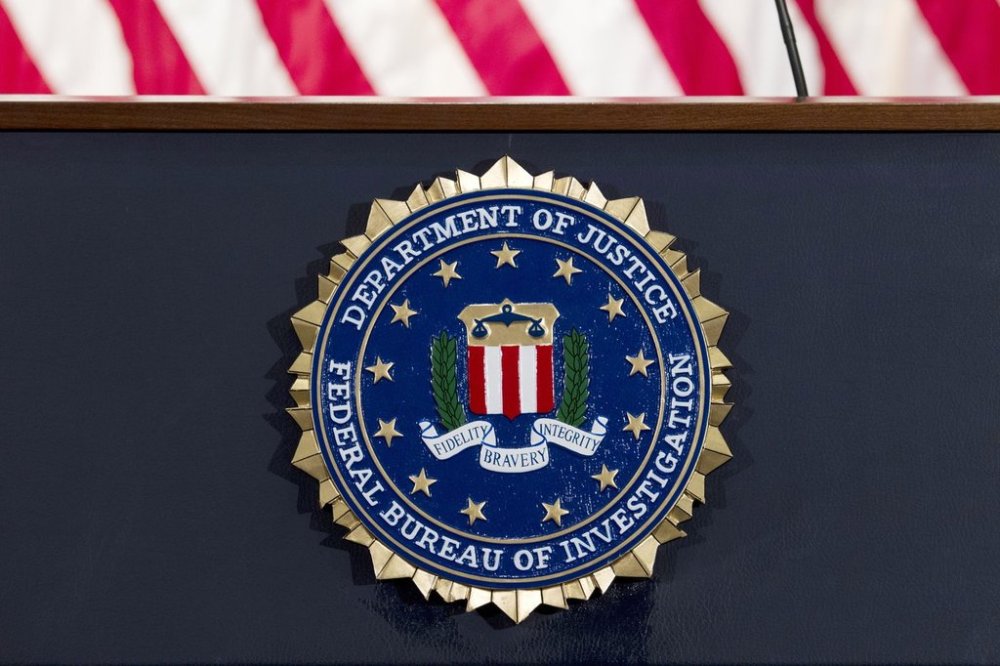Cybersecurity officials warn against potentially costly Medusa ransomware attacks
Advertisement
Read this article for free:
or
Already have an account? Log in here »
To continue reading, please subscribe:
Monthly Digital Subscription
$0 for the first 4 weeks*
- Enjoy unlimited reading on winnipegfreepress.com
- Read the E-Edition, our digital replica newspaper
- Access News Break, our award-winning app
- Play interactive puzzles
*No charge for 4 weeks then price increases to the regular rate of $19.00 plus GST every four weeks. Offer available to new and qualified returning subscribers only. Cancel any time.
Monthly Digital Subscription
$4.75/week*
- Enjoy unlimited reading on winnipegfreepress.com
- Read the E-Edition, our digital replica newspaper
- Access News Break, our award-winning app
- Play interactive puzzles
*Billed as $19 plus GST every four weeks. Cancel any time.
To continue reading, please subscribe:
Add Free Press access to your Brandon Sun subscription for only an additional
$1 for the first 4 weeks*
*Your next subscription payment will increase by $1.00 and you will be charged $16.99 plus GST for four weeks. After four weeks, your payment will increase to $23.99 plus GST every four weeks.
Read unlimited articles for free today:
or
Already have an account? Log in here »
Hey there, time traveller!
This article was published 15/03/2025 (239 days ago), so information in it may no longer be current.
LOS ANGELES (AP) — The FBI and the U.S. Cybersecurity and Infrastructure Security Agency are warning against a dangerous ransomware scheme.
In an advisory posted earlier this week, government officials warned that a ransomware-as-a-service software called Medusa, which has launched ransomware attacks since 2021, has recently affected hundreds of people. Medusa uses phishing campaigns as its main method for stealing victims’ credentials, according to CISA.
To protect against the ransomware, officials recommended patching operating systems, software and firmware, in addition to using multifactor authentication for all services such as email and VPNs. Experts also recommended using long passwords, and warned against frequently recurring password changes because they can weaken security.

Medusa developers and affiliates — called “Medusa actors” — use a double extortion model, where they “encrypt victim data and threaten to publicly release exfiltrated data if a ransom is not paid,” the advisory said. Medusa operates a data-leak site that shows victims alongside countdowns to the release of information.
“Ransom demands are posted on the site, with direct hyperlinks to Medusa affiliated cryptocurrency wallets,” the advisory said. “At this stage, Medusa concurrently advertises sale of the data to interested parties before the countdown timer ends. Victims can additionally pay $10,000 USD in cryptocurrency to add a day to the countdown timer.”
Since February, Medusa developers and affiliates have hit more than 300 victims across industries, including the medical, education, legal, insurance, technology and manufacturing sectors, CISA said.

